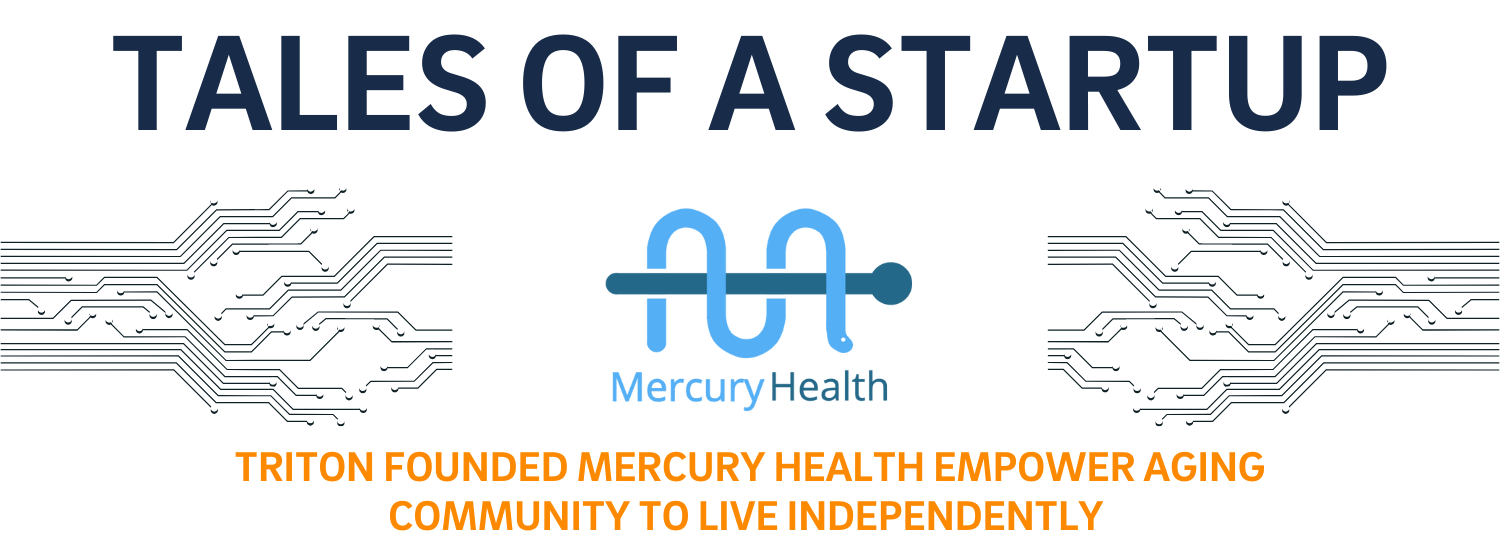
Triton Founded Mercury Health Empower Aging Community to Live Independently
December 1, 2021
Mercury Health is sringing peace-of-mind and better care to patients and their loved ones through AI-powered remote monitoring and alerting.
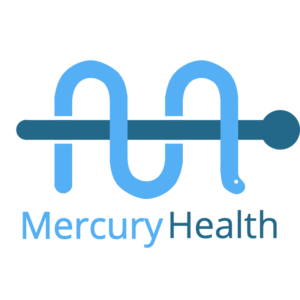 Mercury Health is a hands-free monitoring device installed at home to alert on specific movements and emergencies. Combining state-of-the-art technology with passion, the founder’s mission was personal, keeping older Americans and those who care for them safe, independent, and connected in their own homes.
Mercury Health is a hands-free monitoring device installed at home to alert on specific movements and emergencies. Combining state-of-the-art technology with passion, the founder’s mission was personal, keeping older Americans and those who care for them safe, independent, and connected in their own homes.
“We both had grandmas with severe dementia and watched our parents struggle taking care of them, they couldn't live their own lives or enjoy their time with children,” said Co-Founder Ji Lee. “They were always worrying. We wanted to develop something to help our parents and our community.”
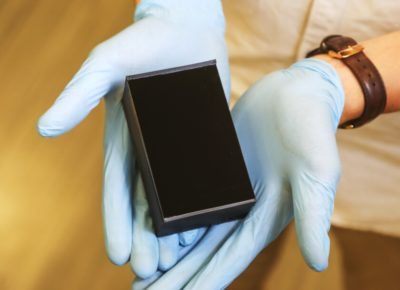 The smart, remote health monitoring system is personalized for loved ones nighttime needs, including sound detection to help trigger alerts from falls. Working with in-home care communities and assisted living centers, including Pacifica Senior Care and Coast Care Partners, they are currently installing and piloting throughout San Diego, with the ultimate goal to make family caregiving accessible to low-income families.
The smart, remote health monitoring system is personalized for loved ones nighttime needs, including sound detection to help trigger alerts from falls. Working with in-home care communities and assisted living centers, including Pacifica Senior Care and Coast Care Partners, they are currently installing and piloting throughout San Diego, with the ultimate goal to make family caregiving accessible to low-income families.
Read more on their entrepreneurial journey from The Basement to market, including their most recent feature in the San Diego Union Tribune.
What excites you about your work?
We have families that fully depend on our service to care for their parents or loved ones every night and every day. That is amazing. I always thought I was going to be an engineer. You always tinker and build but when you actually build something people depend on, use and love, it's extremely rewarding. We know how difficult it is to be a caretaker.
“I always thought I was going to be an engineer. You always tinker and build but when you actually build something people depend on, use and love, it's extremely rewarding. We know how difficult it is to be a caretaker,” said Lee.
We keep parents safe, we give people peace of mind and keep them updated on new health trends. It is amazing to have people using this. For $35 per month, we can lower the price point of over $6000 to 7000 a month for a caregiver. Our goal has always been to help reach more private families that need this help and cannot afford a full time caregiver.
How did you first get involved with The Basement & the UC San Diego entrepreneurial community?
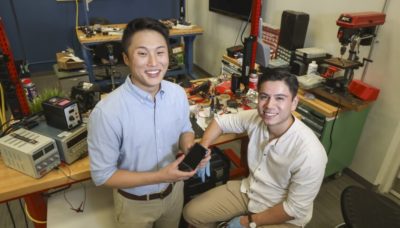 In high school, my co-founder Brandon Peck and I entered Microsoft’s Imagine Cup, a huge national tech entrepreneur competition. We won the national title and I knew I wanted to pursue this line of work in college. UC San Diego is a huge geriatric hub on the research side, with a strong nanoengineering program. We couldn’t have done anything without The Basement, we have been involved for nearly six years.
In high school, my co-founder Brandon Peck and I entered Microsoft’s Imagine Cup, a huge national tech entrepreneur competition. We won the national title and I knew I wanted to pursue this line of work in college. UC San Diego is a huge geriatric hub on the research side, with a strong nanoengineering program. We couldn’t have done anything without The Basement, we have been involved for nearly six years.
I met Ricky Rueda freshman year in Argo Hall in Revelle and quickly became best friends and business partners. We originally went to The Basement to learn the next steps of building a company, immediately applying for the Incubator track, turning our fall detection prototype into a home care monitoring system, detecting almost anything and everything. The working space and mentorship was an incredible perk and the reason we made it this far.
What campus resources helped you throughout your student entrepreneurial journey?
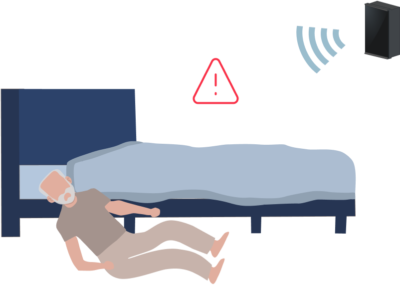 The Basement has an amazing group of mentors that want to help young startups. It was clear they wanted to help us succeed. They introduced us to anyone and everyone we could from different areas and industries. Recruitment fairs also helped us recruit amazing team members. Handshake was also instrumental, a powerful resource helping us recruit our 11 UC San Diego alumni employees.
The Basement has an amazing group of mentors that want to help young startups. It was clear they wanted to help us succeed. They introduced us to anyone and everyone we could from different areas and industries. Recruitment fairs also helped us recruit amazing team members. Handshake was also instrumental, a powerful resource helping us recruit our 11 UC San Diego alumni employees.
“The Basement has an amazing group of mentors that want to help young startups. It was clear they wanted to help us succeed. They introduced us to anyone and everyone we could from different areas and industries,” said Lee.
Our first mentor was George Eiskamp. He helped introduce us to Coast Care Partners, one of the main partners to help us grow. George was huge in what we did. He did so much for us.
Professor Rakesh Kumar also helped us learn how to prototype everything.
How did you balance being a full-time student while also running a startup?
My number one hobby was building this company. My friends and I would always build projects, I loved tinkering. We were always together so it's great working with friends. If you have to force yourself to do it, you will burn out. You have to have that passion. I made sure it was something I enjoyed, outside of school!
What role have mentors played in your success/journey?
The staff at The Basement have been non-stop amazing and always available. They will give you all the support they can. They helped me understand that it's going to be hard but it's going to be worth it. I’ve literally gone to them for any roadblock. They have always been able to help connect me. They have a toolbox for everything.
“The staff at The Basement have been non-stop amazing and always available. They will give you all the support they can,” said Lee. “They helped me understand that it's going to be hard but it's going to be worth it.”
What advice would you give to another UC San Diego student thinking about starting a company?
Do you care enough? Make sure to pick something you really care about. Pick something that is a problem to you and solve it.
Want to sign up for their 30 day free beta trial? Fill out this short form at www.mercuryhealth.us/beta or reach out directly at ji@mercuryalert.ai.